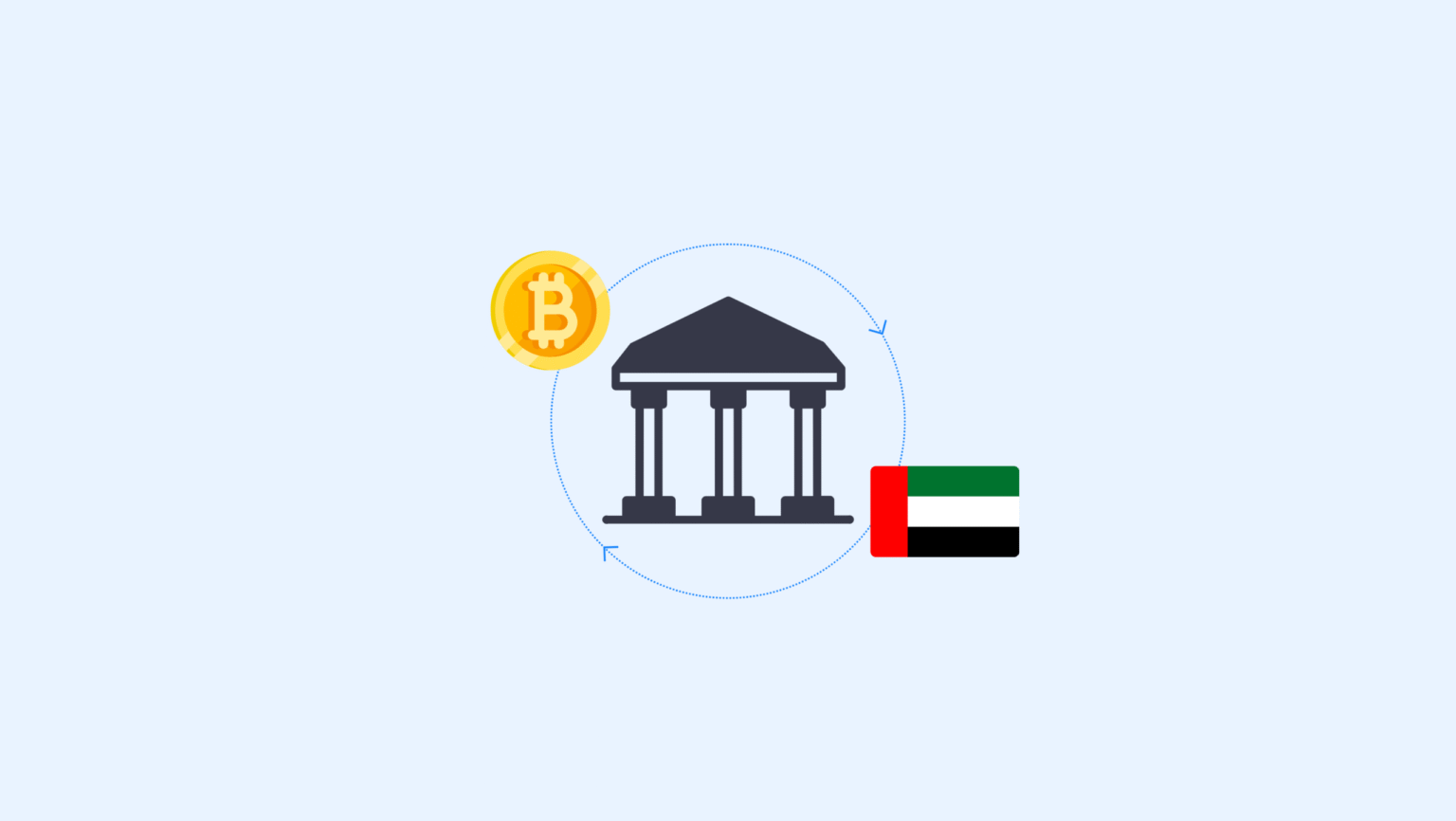Dubai Regulator, the Virtual Assets Regulatory Authority (VARA), has fined nineteen firms between AED 100,000 and AED 600,000 (approximately USD $28,000 to $163,000). Upon investigations, the VARA found that these firms were operating without a valid VARA license and breached marketing regulations. These nineteen companies were immediately ordered to cease all virtual asset services in or from Dubai. The move reaffirmed Dubai’s aim to position itself as a secure financial haven for investors and global businesses.

In a release statement, VARA highlighted that these actions are part of its ongoing movement towards making the virtual asset market more transparent and resilient. In Dubai, all crypto and virtual asset providers must obtain a VARA license under the law. To obtain a license, businesses must undergo a two-step approval process to meet the stringent compliance standards within the emirate.
Enforcement is critical to maintaining trust and stability in Dubai’s Virtual Asset ecosystem.
Unlicensed activities and unauthorized marketing are deemed critical violations that can increase risks to the security of consumers and investors. VARA’s Regulatory Affairs and Enforcement Division mentions, “Enforcement is critical to maintaining trust and stability in Dubai’s Virtual Asset ecosystem. These actions reinforce VARA’s mandate: to ensure that only firms meeting the highest compliance and governance standards are permitted to operate.”
Dubai Regulator VARA Strengthens Virtual Assets Oversight
VARA is a regulatory body under Law No. 4 in Dubai, which grants it the authority to regulate, supervise, and oversee virtual assets in the country. Under the law, VARA issues licenses for virtual asset providers to run operations within Dubai legally. Businesses providing virtual assets or related services must adhere to strict compliance requirements, including submitting regular audits and complying with Anti-Money Laundering (AML) and Counter-Terrorist Financing (CFT) frameworks.
VARA will continue to take proactive measures to uphold transparency, safeguard investors, and preserve market integrity.
The VARA team has permission to suspend or revoke a license and enforce monetary penalties. Additionally, the regulatory body monitors trading activities and establishes regulations to safeguard consumers’ personal data in the virtual asset sector. Just last month, Dubai-based crypto firm Fuze faced significant financial penalties due to weaknesses in its AML controls. The UAE has clearly set high expectations regarding regulating the crypto and virtual asset sector.
Besides Dubai’s VARA, the UAE includes key regulators that work together to harmonize and protect the country’s financial ecosystem. Some of the notable ones include the Securities and Commodities Authority (SCA), which oversees onshore UAE activities outside the Dubai and Abu Dhabi financial free zones, as well as the Financial Services Regulatory Authority (FSRA), which regulates virtual assets within the Abu Dhabi Global Market (ADGM) free zone.
For more on this story, click here.



